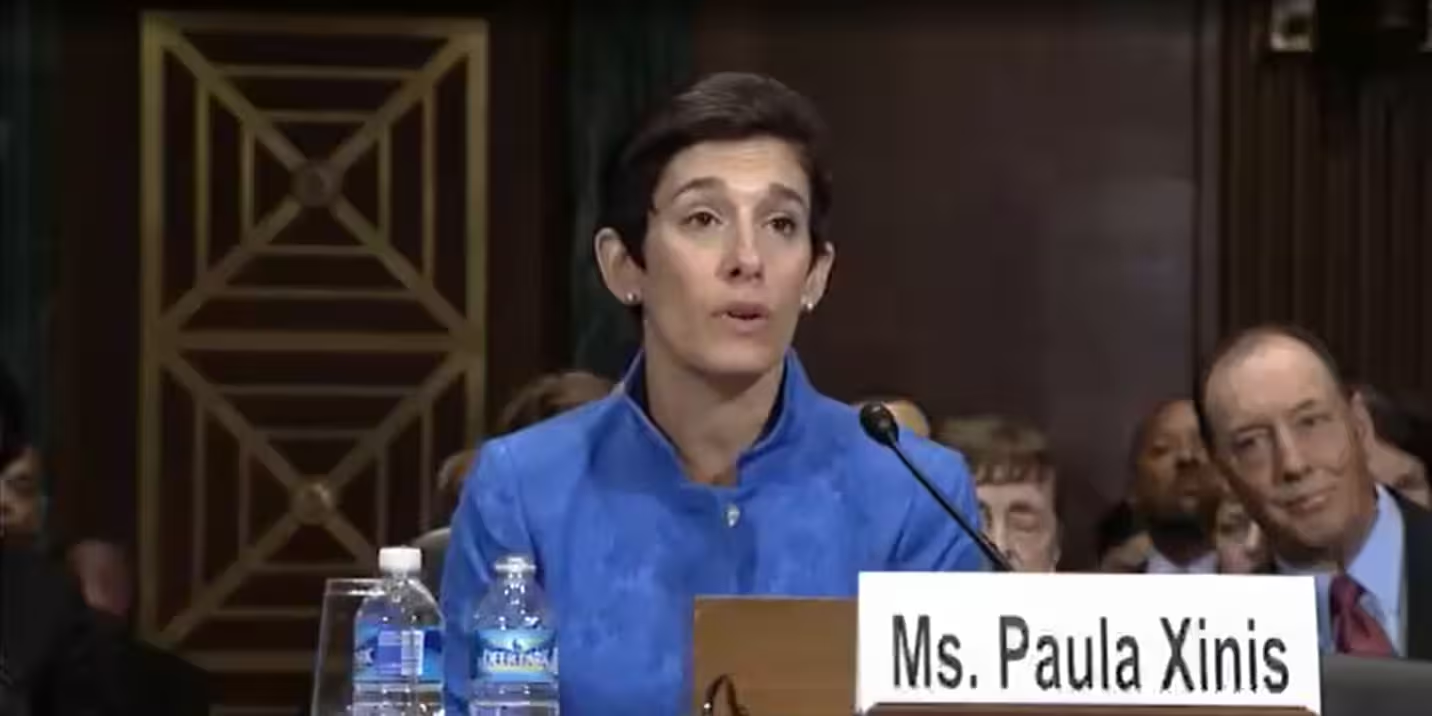ICE"s Shocking Indifference to Due Process
In a disturbing turn of events, the case of Kilmar Abrego Garcia has unveiled a troubling reality within the Immigration and Customs Enforcement (ICE) system. Garcia, a Salvadoran national, faces the grim possibility of being deported to an undisclosed third country, a process shrouded in ambiguity and lacking transparency. U.S. District Judge Paula Xinis expressed frustration over the government"s inability to provide clear information regarding Garcia"s potential deportation, likening it to "trying to nail Jello to a wall." This raises urgent questions about the rights of individuals caught in the crosshairs of a complex and often opaque immigration system.
Unraveling the Legal Quagmire
As reported by the ACLU, the government"s approach to Garcia"s case reflects a broader pattern of neglect and haste within ICE"s operations. The agency"s assistant director, Thomas Giles, testified that decisions regarding Garcia"s fate would only be made once he is in ICE custody, and yet there seems to be no clear protocol for how or where he would be sent. This lack of clarity is emblematic of a troubling trend where individuals are treated like disposable commodities rather than human beings with rights.

Kilmar Abrego Garcia"s deport…
Human Trafficking Charges and the Shadow of Deportation
Garcia"s situation is complicated by the human trafficking charges he faces, stemming from a 2019 traffic stop. While these charges warrant due legal process, the intertwining of criminal and immigration proceedings often leaves vulnerable individuals in precarious situations. The Justice Department"s attorney indicated that if released, ICE would initiate removal proceedings, potentially whisking Garcia away to an unknown location before he has the chance to contest the removal. This highlights a critical intersection of criminal justice reform and immigration policy that remains inadequately addressed.
Urgent Calls for Accountability
Garcia"s attorney, Sascha Rand, has raised serious doubts about the reliability of ICE"s testimony, pointing out that Giles had no firsthand knowledge of the case until recently. This lack of informed oversight raises alarming concerns about the accountability mechanisms—or lack thereof—within ICE. The government"s willingness to agree not to remove Garcia without due process appears to be more of a procedural formality than a genuine commitment to justice.

Who is Paula Xinis, the judge ordering Trump to return ...
The Larger Context of Immigration Policies
The implications of this case extend far beyond Garcia. As reported by The New York Times, the broader context of immigration under the Trump administration has created a climate of fear and uncertainty for many Salvadorans and other immigrant communities. The policies enacted have often prioritized deportation over humanitarian considerations, compounding the vulnerabilities faced by individuals like Garcia.
Moreover, ICE"s own reports indicate a troubling trend of inadequate oversight of detainee treatment, which is often punitive rather than procedural. As the government prepares to act on Garcia"s case, it is crucial to scrutinize not only the immediate ramifications for him but also the systemic issues that allow such actions to take place.
Ultimately, Garcia"s plight is not an isolated incident but part of a larger narrative that underscores the urgent need for reform in both immigration and criminal justice systems. As we await the next court hearing on July 16, the stakes are higher than ever for Garcia and countless others trapped in a labyrinth of bureaucracy and injustice.

![[Video] Federal officers deploy sting balls and flash grenades at Whipple Building](/_next/image?url=%2Fapi%2Fimage%2Fthumbnails%2Fthumbnail-1768340555229-vhfcc-thumbnail.jpg&w=3840&q=75)
![[Video] Crowd-control weapons used in Minneapolis as anti-ICE protesters attack police vehicle](/_next/image?url=%2Fapi%2Fimage%2Fthumbnails%2Fthumbnail-1768336302231-akxf7s-thumbnail.jpg&w=3840&q=75)

![[Video] Protests erupt in Minneapolis after ICE detains teenager, multiple arrests made](/_next/image?url=%2Fapi%2Fimage%2Fthumbnails%2Fthumbnail-1768331835371-z9ylqg-thumbnail.jpg&w=3840&q=75)


![[Video] Gunfire between Iraqi security forces and Sadr militias in Baghdad](/_next/image?url=%2Fapi%2Fimage%2Fthumbnails%2Fthumbnail-1768343508874-4redb-thumbnail.jpg&w=3840&q=75)
